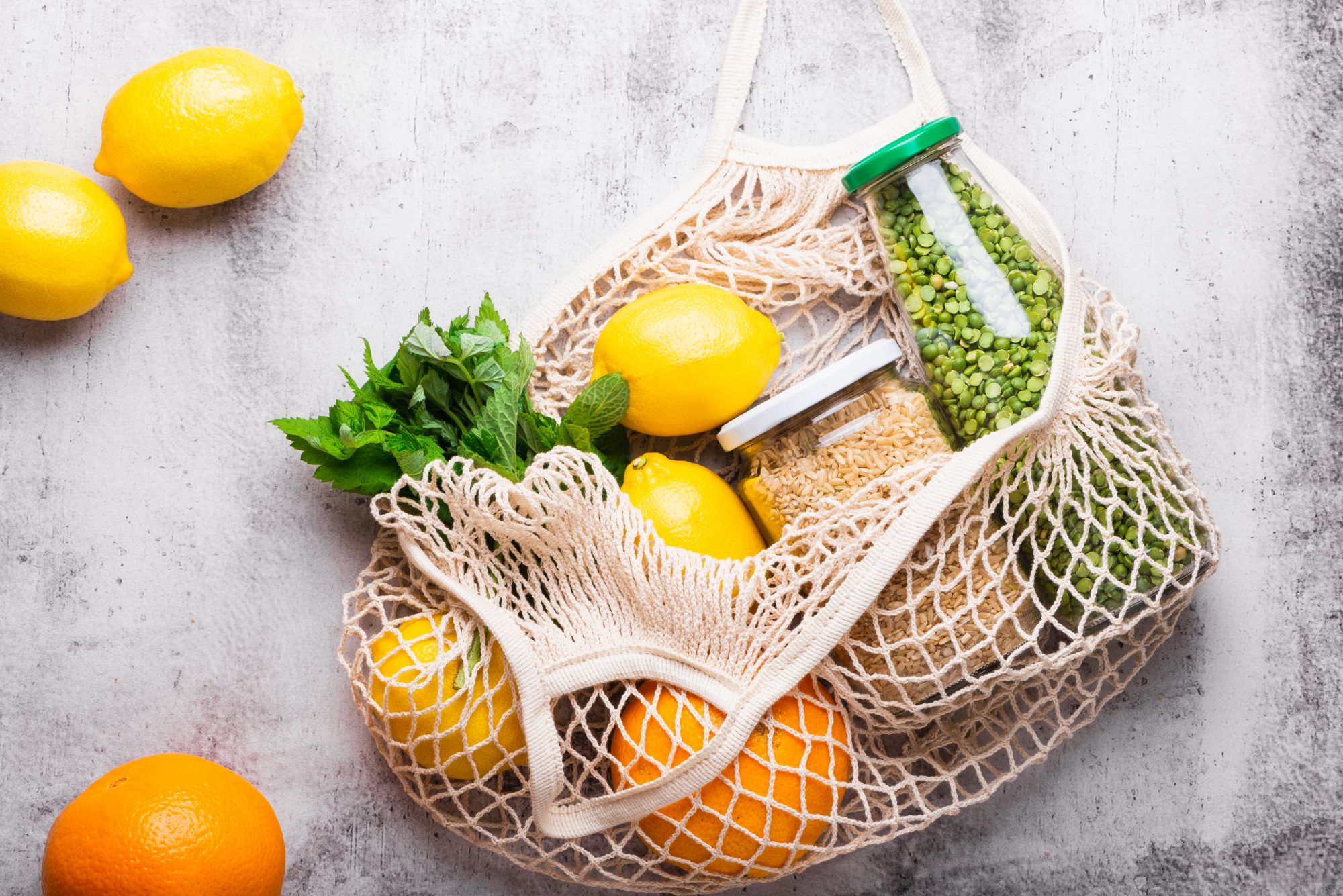Responding to a significant shift in consumer behaviour during the pandemic, many FMCG producers are exploring ways to develop greener processes and sourcing strategies.
Over the past year, consumers have become more focused on buying green and concerned about the provenance of the goods they buy, sourcing locally where they can.
Planning for a green transformation is a significant undertaking however and businesses need a whole-supply chain view of their operations in order to make changes that deliver on their strategic objectives, while also benefitting the planet.
Highlighting the potential rewards for early-movers, a report published recently by the CBI, entitled ‘Seize the Moment’, sets out a cross-industry vision for a dynamic and future-focused economy, which focuses on innovation and winning the global race to net-zero.
If further evidence is needed that consumers care about climate change and expect products to be made and distributed in a way that is kind to the planet, an oft-cited study by Nielsen has found that 66% of global customers are willing to pay more for sustainable goods.
Responding to heightened consumer awareness of the effects of climate change, many of the leading omnichannel retailers are placing greater focus on decarbonisation, with the introduction of initiatives designed to reduce their carbon footprint.
The Co-op has recently launched a new climate plan, with the aim of offsetting all operational greenhouse gas emissions and being the first supermarket to sell fully carbon-neutral own brand food and drink by 2025.
In some cases, collaboration with suppliers can help manufacturers to decarbonise their operations and share the cost of doing so, particularly if investing in green technologies designed to reduce energy consumption or avoid the use of fossil fuels.
To assist in developing a roadmap to net-zero, manufacturers need improved visibility of accurate and reliable data, so they can complete detailed modelling of these complex factors and processes.
